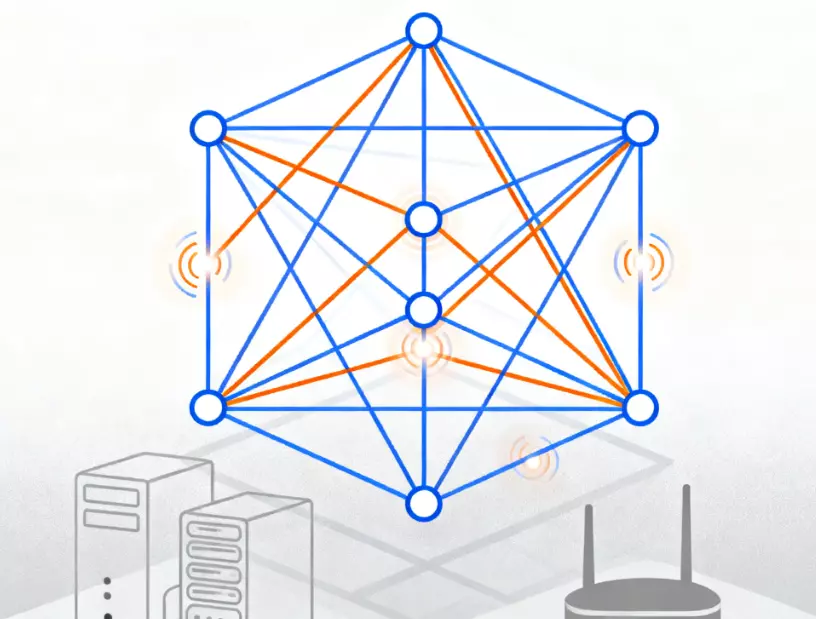What are proxies and how do they work in data analysis?
Proxies serve as intermediaries between users and the internet, allowing for the masking of the user’s IP address. In data analysis, proxies facilitate the collection and processing of data from various sources without revealing the user’s identity. By routing requests through a proxy server, analysts can gather data more efficiently and securely, ensuring the integrity of their findings.
What are the primary benefits of using proxies for data analysis?
- Enhanced Anonymity: Proxies provide a layer of anonymity by hiding the real IP address of the user. This is crucial for data analysts who need to scrape data from websites without being blocked or detected. High-anonymity proxies, like those offered by IPFLY, ensure that the user’s identity remains protected.
- Access to Geo-Restricted Data: Many online data sources restrict access based on geographic location. Proxies enable analysts to bypass these restrictions by allowing them to appear as if they are accessing the internet from different countries. This is particularly beneficial for gathering comprehensive data sets that are geographically diverse.
- Improved Data Scraping Efficiency: Using proxies can significantly enhance the speed and efficiency of data scraping. With IPFLY’s vast network of over 90 million IP addresses, analysts can distribute requests across multiple IPs, reducing the likelihood of getting blocked and ensuring a smoother data collection process.
- Higher Success Rates: Proxies can improve the success rates of data collection tasks by rotating IP addresses. IPFLY’s dynamic residential proxies make it easy to switch IPs at regular intervals, which minimizes the chance of encountering rate limits and bans, ensuring continuous data flow.
- Scalability: For businesses dealing with large volumes of data, proxies allow for scalable solutions that adapt to the growing demands of data analysis. IPFLY’s extensive IP resource library supports various proxy types, allowing businesses to choose the best fit for their needs.
How do proxies enhance data security?
Proxies play a vital role in data security by acting as a barrier between the user and potential threats. They can filter out malicious content and provide encryption, ensuring that sensitive data remains protected during transmission. By using high-quality, reliable proxies from IPFLY, analysts can safeguard their data collection processes against cyber threats.

What types of proxies are best suited for data analysis?
- Static Residential Proxies: These proxies provide a consistent IP address that is ideal for long-term data collection projects. With dedicated lines, they ensure high reliability and lower chances of getting flagged.
- Dynamic Residential Proxies: Best for tasks that require frequent IP changes, these proxies allow analysts to rotate IP addresses seamlessly, making them perfect for web scraping without detection.
- Data Center Proxies: Offering high speed and low latency, data center proxies are suitable for tasks that demand rapid data retrieval. While they are less anonymous than residential proxies, they are cost-effective and efficient for bulk data analysis.
Can proxies help in competitive analysis?
Yes, proxies are essential for conducting competitive analysis. They allow businesses to monitor competitors’ activities, such as pricing strategies and marketing campaigns, without being detected. By using IPFLY’s proxies, analysts can gather this information discreetly, ensuring that they stay ahead in the market.
What is the cost-effectiveness of using IPFLY proxies for data analysis?
IPFLY offers competitive pricing for its proxy services, starting from as low as $1 for dynamic residential agents and $4 for high-speed data center proxies. This affordability allows businesses, regardless of size, to implement robust data analysis strategies without overspending.
How do proxies support cross-border e-commerce operations?
Proxies enable businesses to conduct cross-border e-commerce operations smoothly by allowing access to local pricing, product availability, and competitor strategies across different markets. With IPFLY’s extensive network, businesses can efficiently gather market data, ensuring they make informed decisions that enhance their global presence.
What role do proxies play in improving data collection success rates?
Proxies significantly reduce the likelihood of encountering data collection obstacles such as IP bans and rate limits. By leveraging IPFLY’s high-quality IP resources and rotating IPs, analysts can achieve higher success rates in their data collection efforts, ensuring that they obtain the necessary information without interruptions.
Are there any drawbacks to using proxies for data analysis?
While proxies offer numerous benefits, users must be cautious about selecting reliable providers. Low-quality proxies can lead to slow speeds and unreliable connections, hindering data analysis efforts. IPFLY mitigates this risk by providing a vast network of high-quality, tested proxies that ensure optimal performance.
In summary, why should businesses consider using proxies for data analysis?
Proxies provide essential advantages for data analysis, including enhanced anonymity, access to geo-restricted data, improved efficiency, and increased security. By utilizing a reliable proxy provider like IPFLY, businesses can optimize their data collection processes, ensuring that they remain competitive and compliant in today’s data-driven landscape. With scalable solutions and competitive pricing, IPFLY stands out as a preferred choice for organizations looking to harness the power of data analysis through proxy technology.


